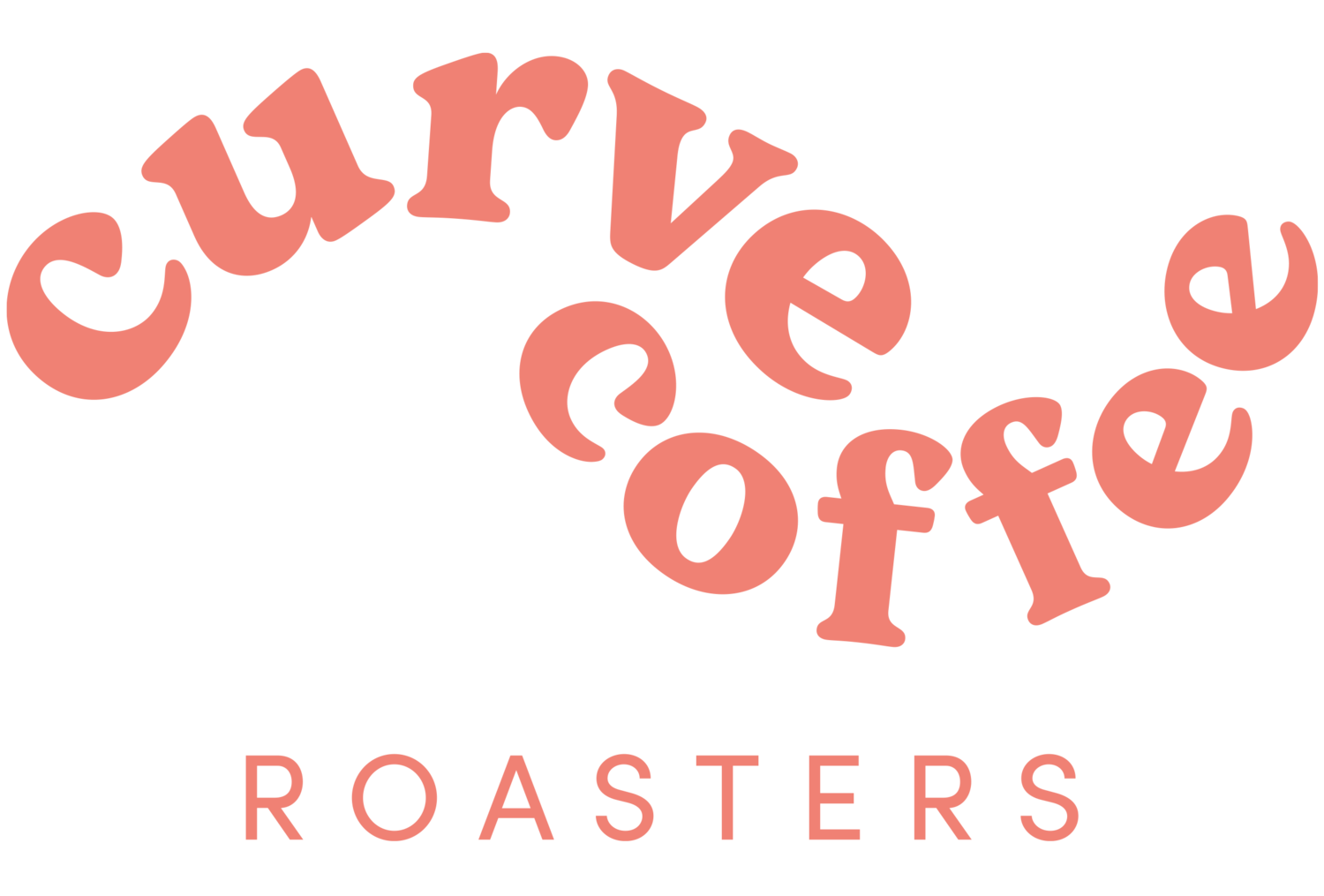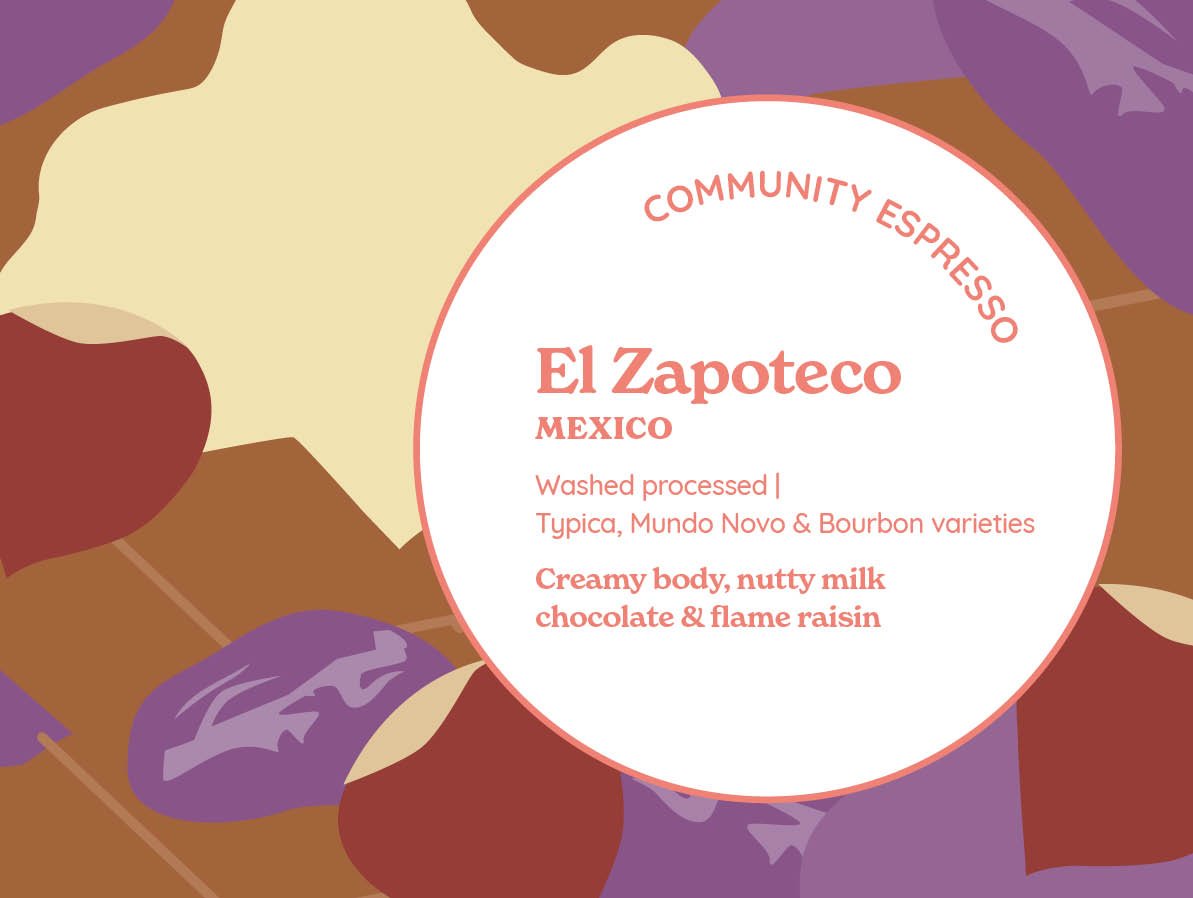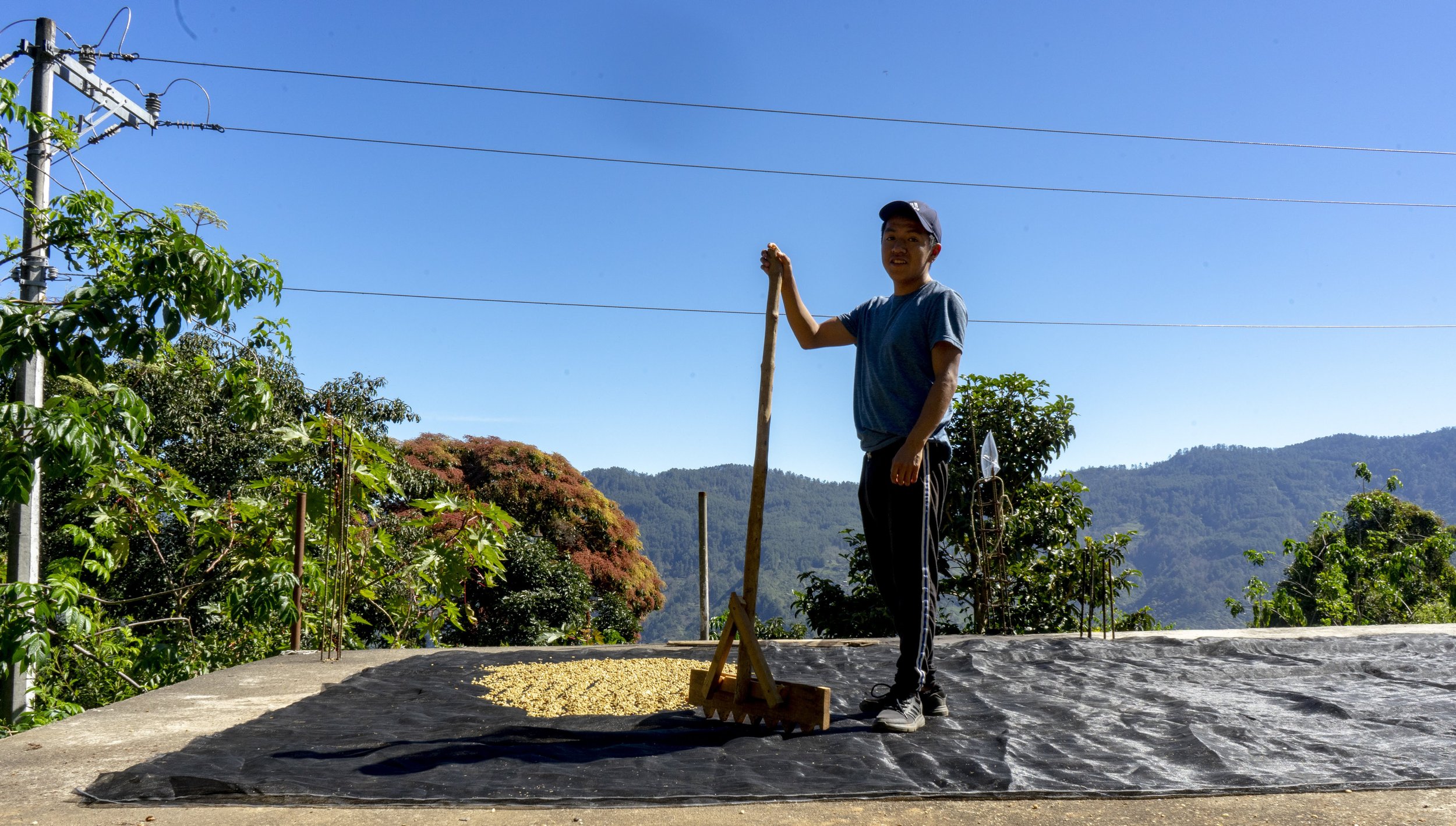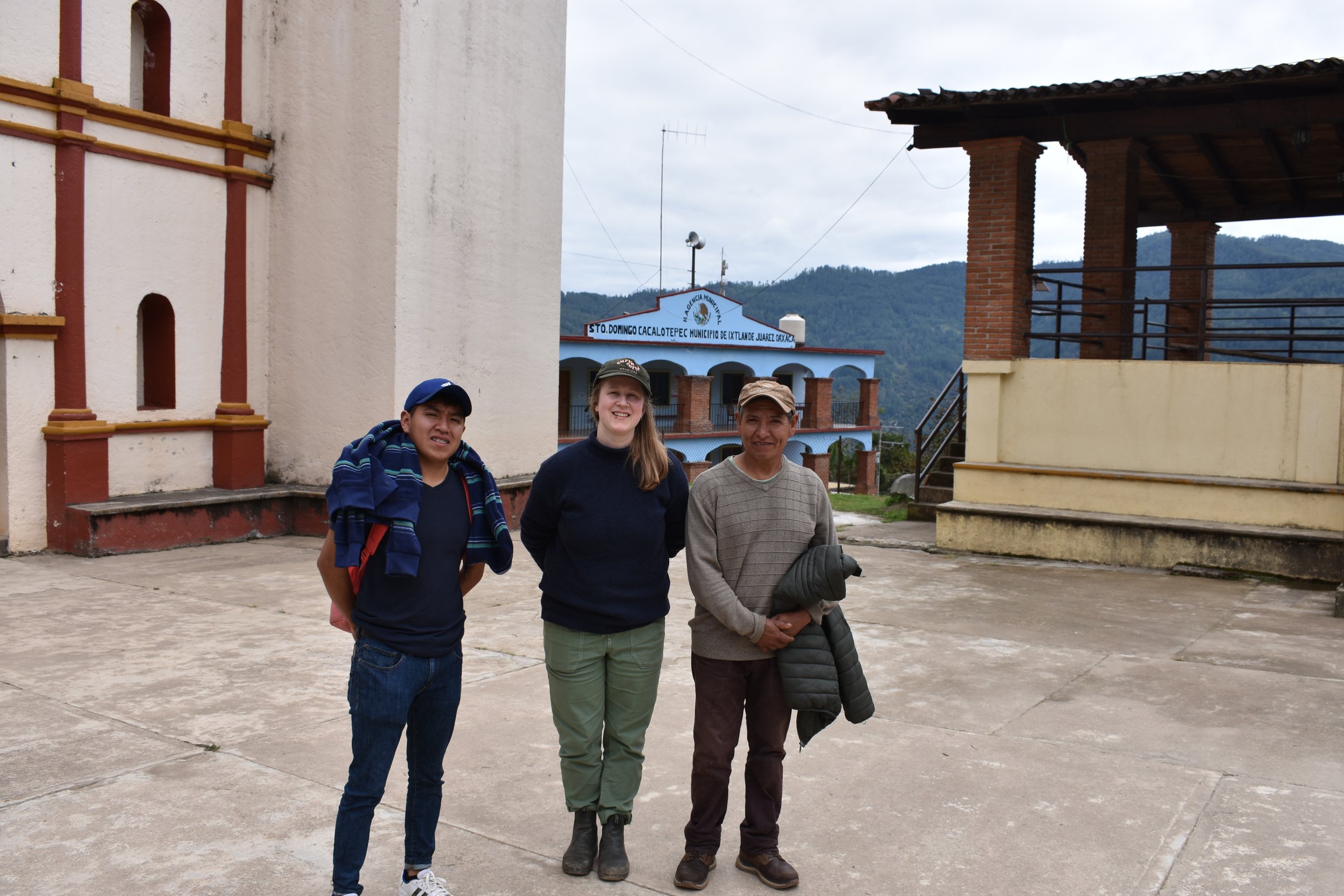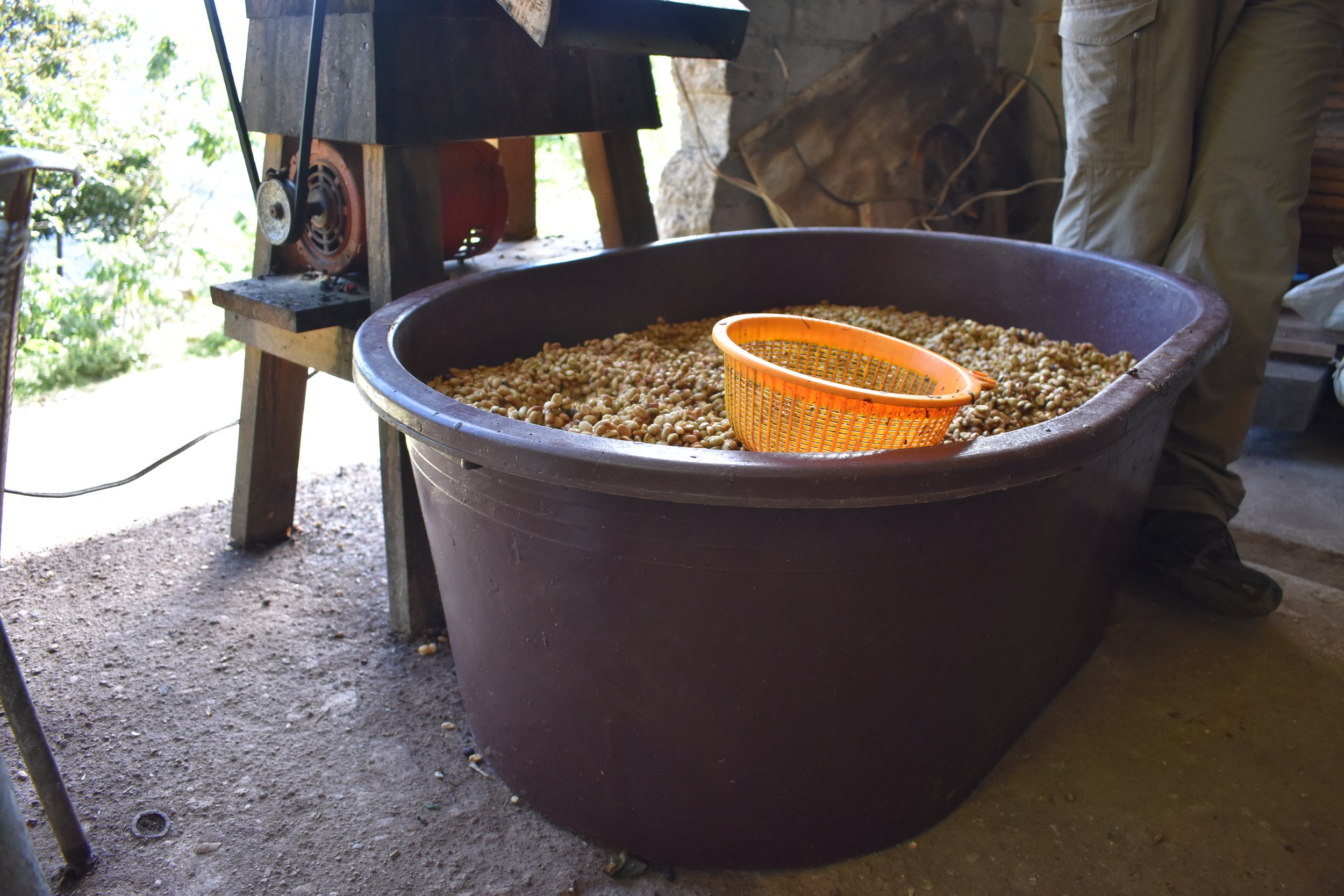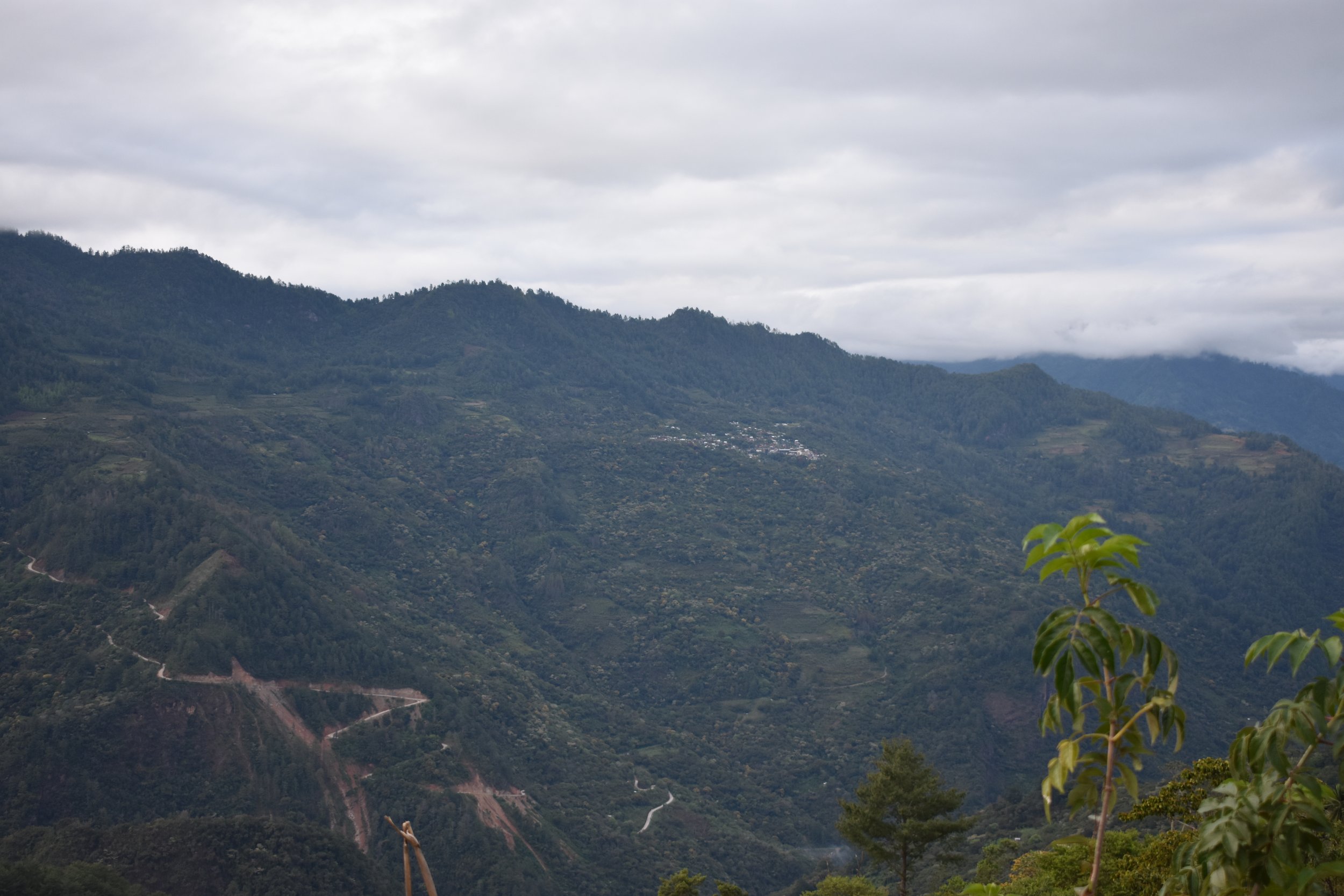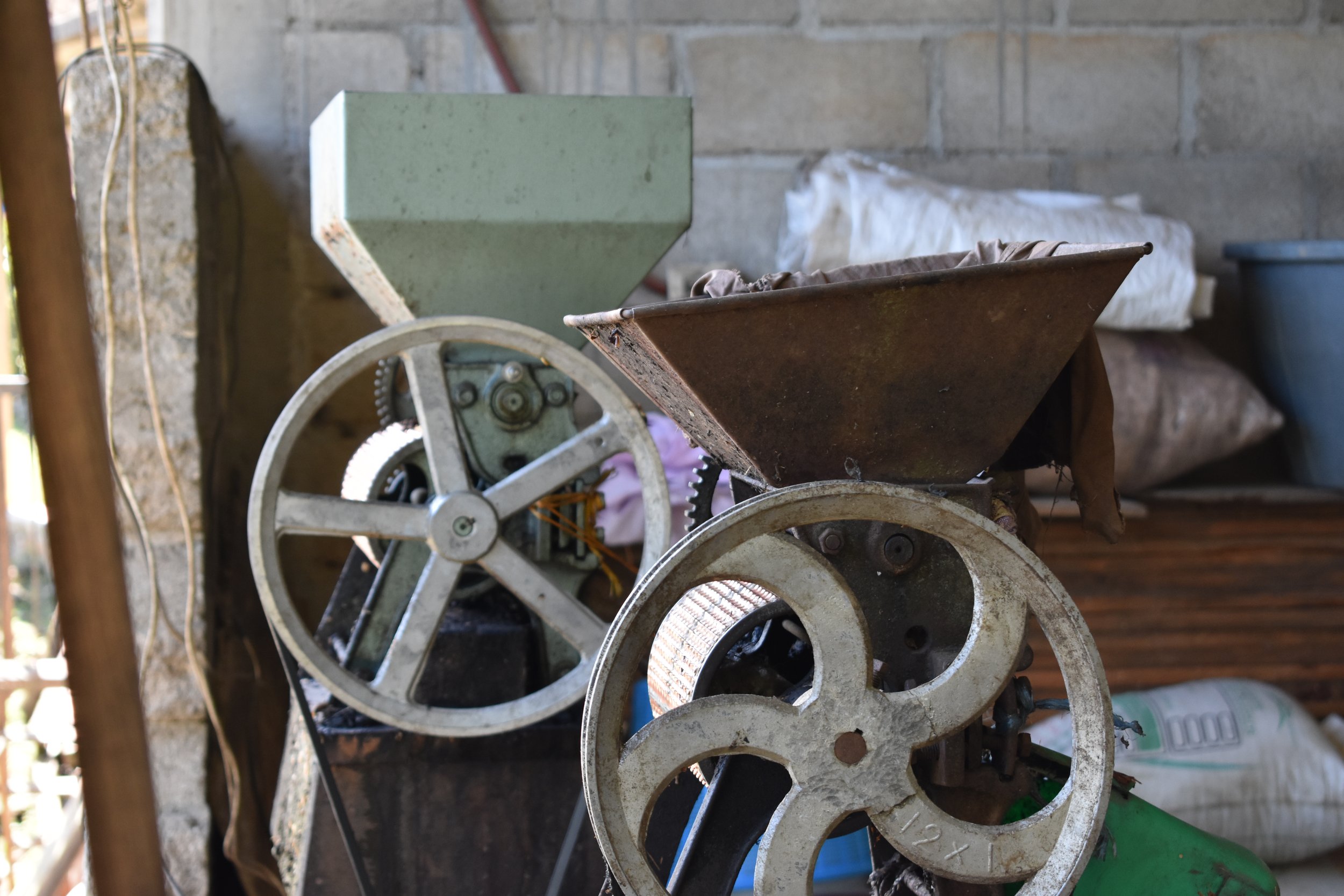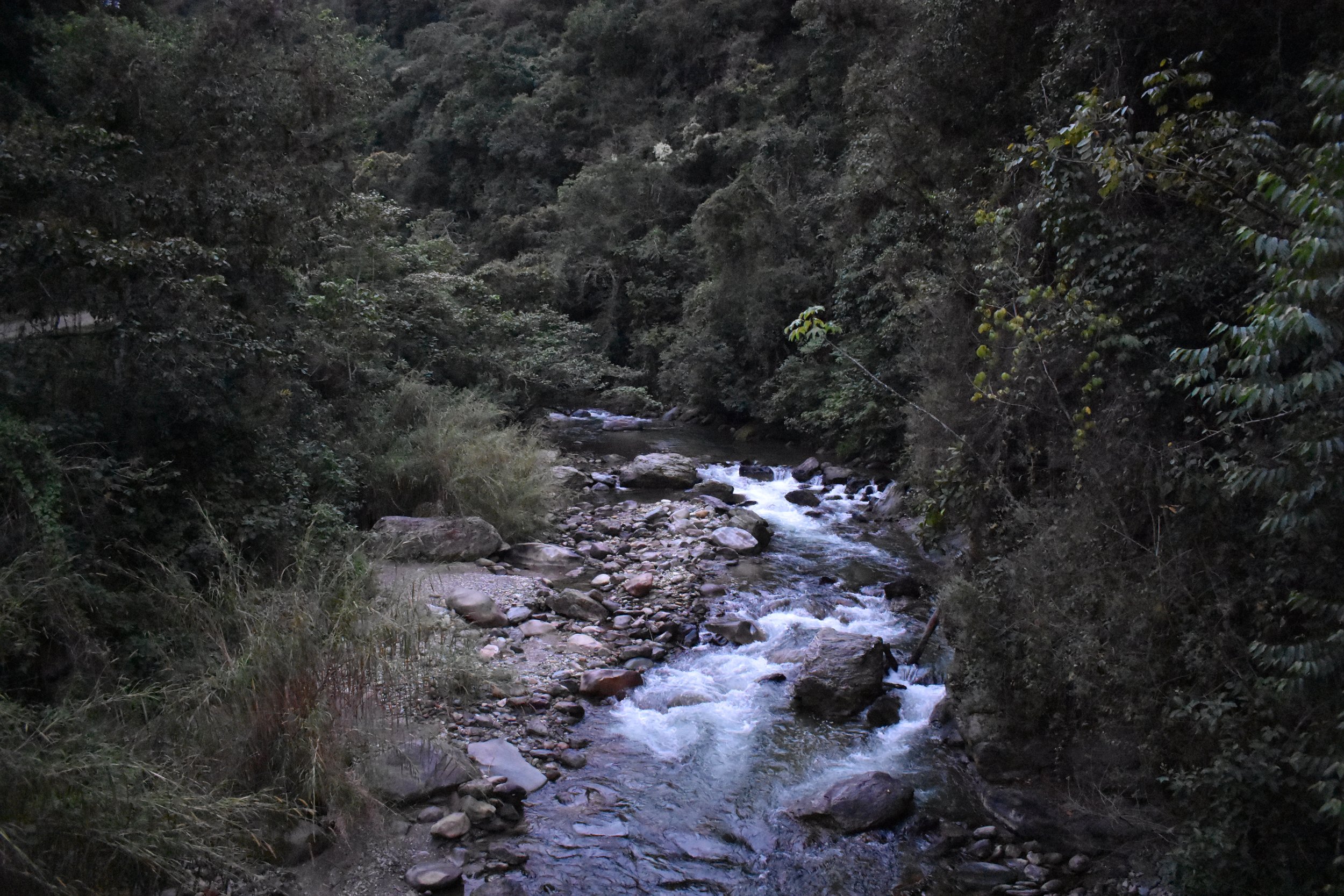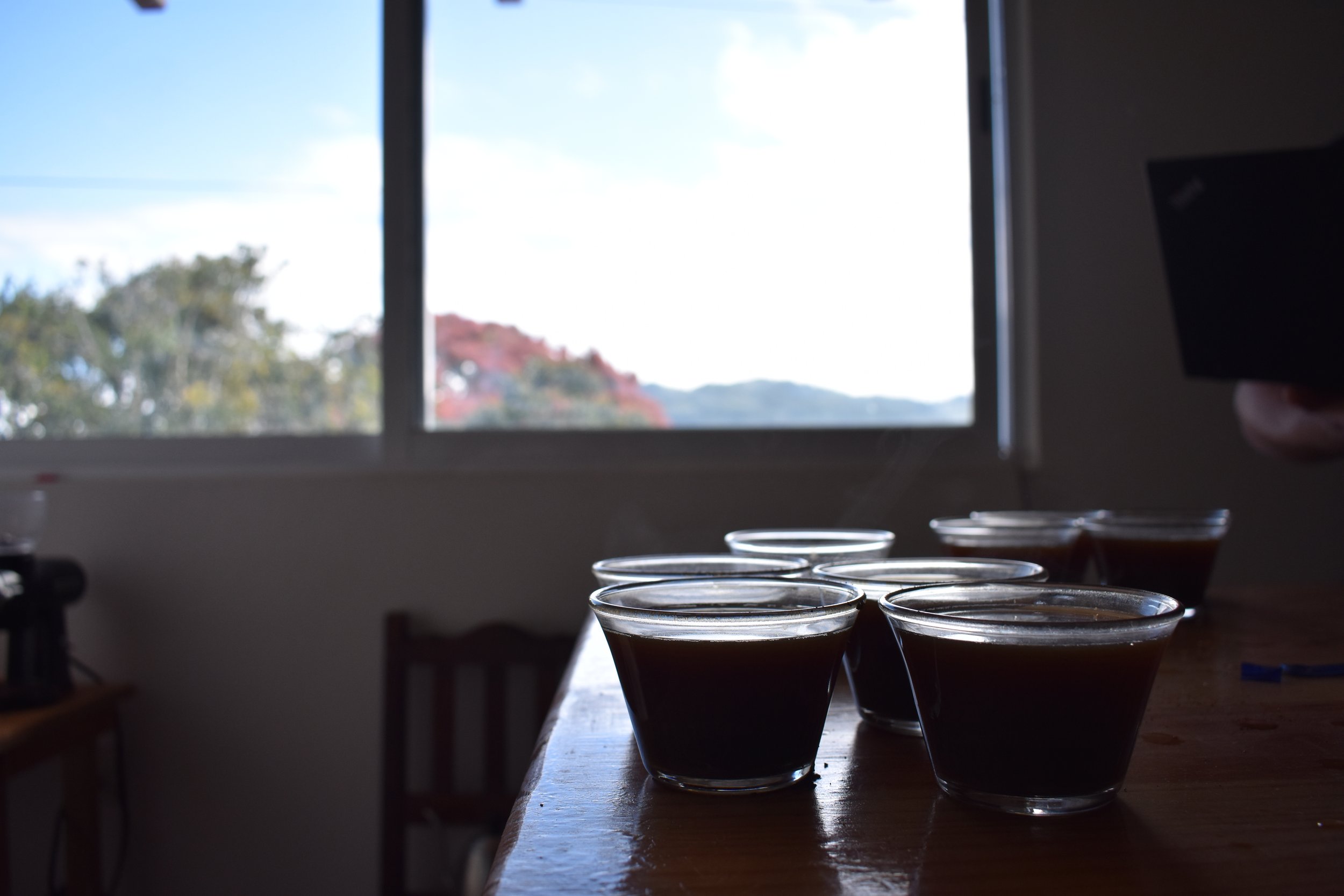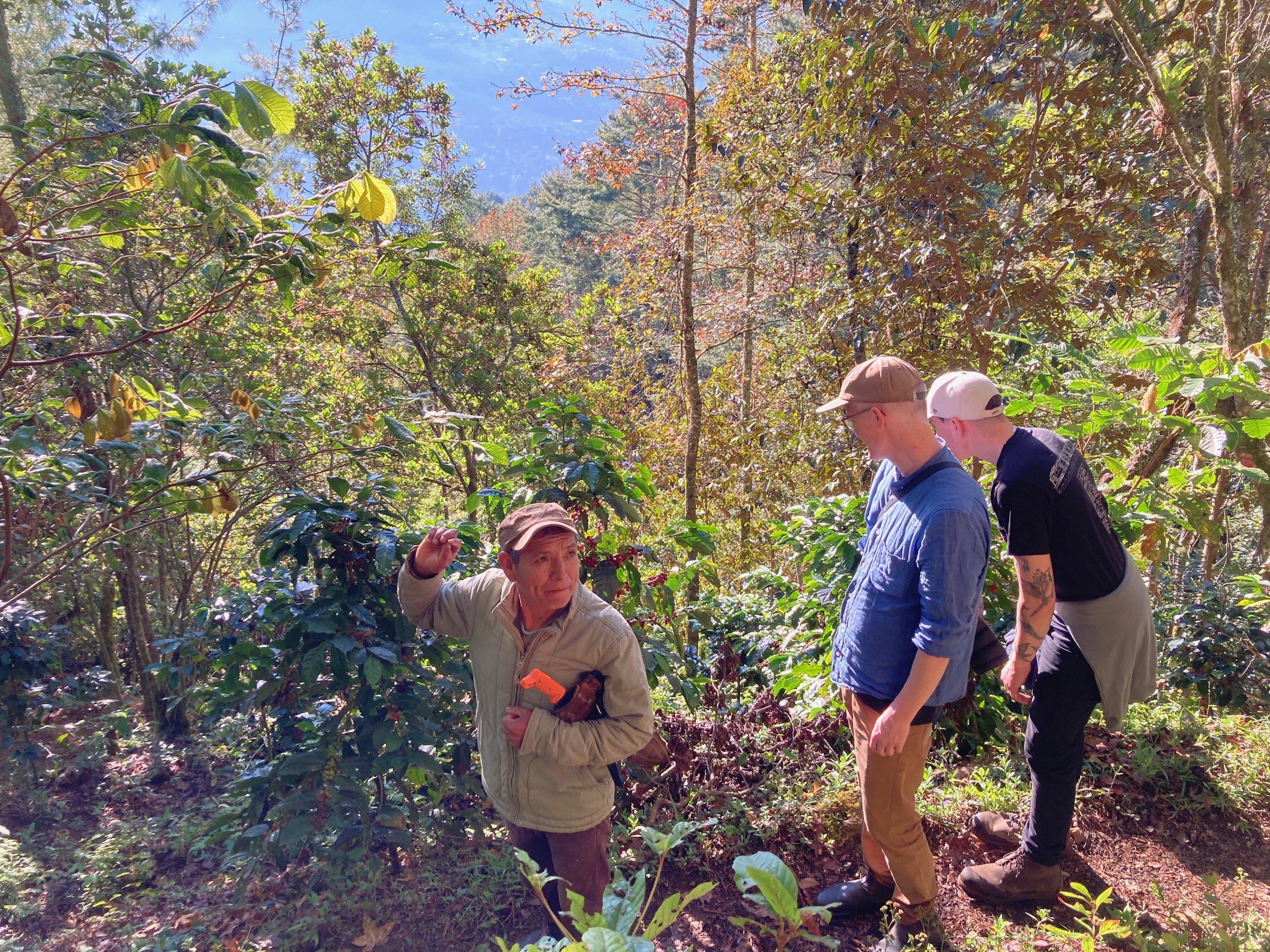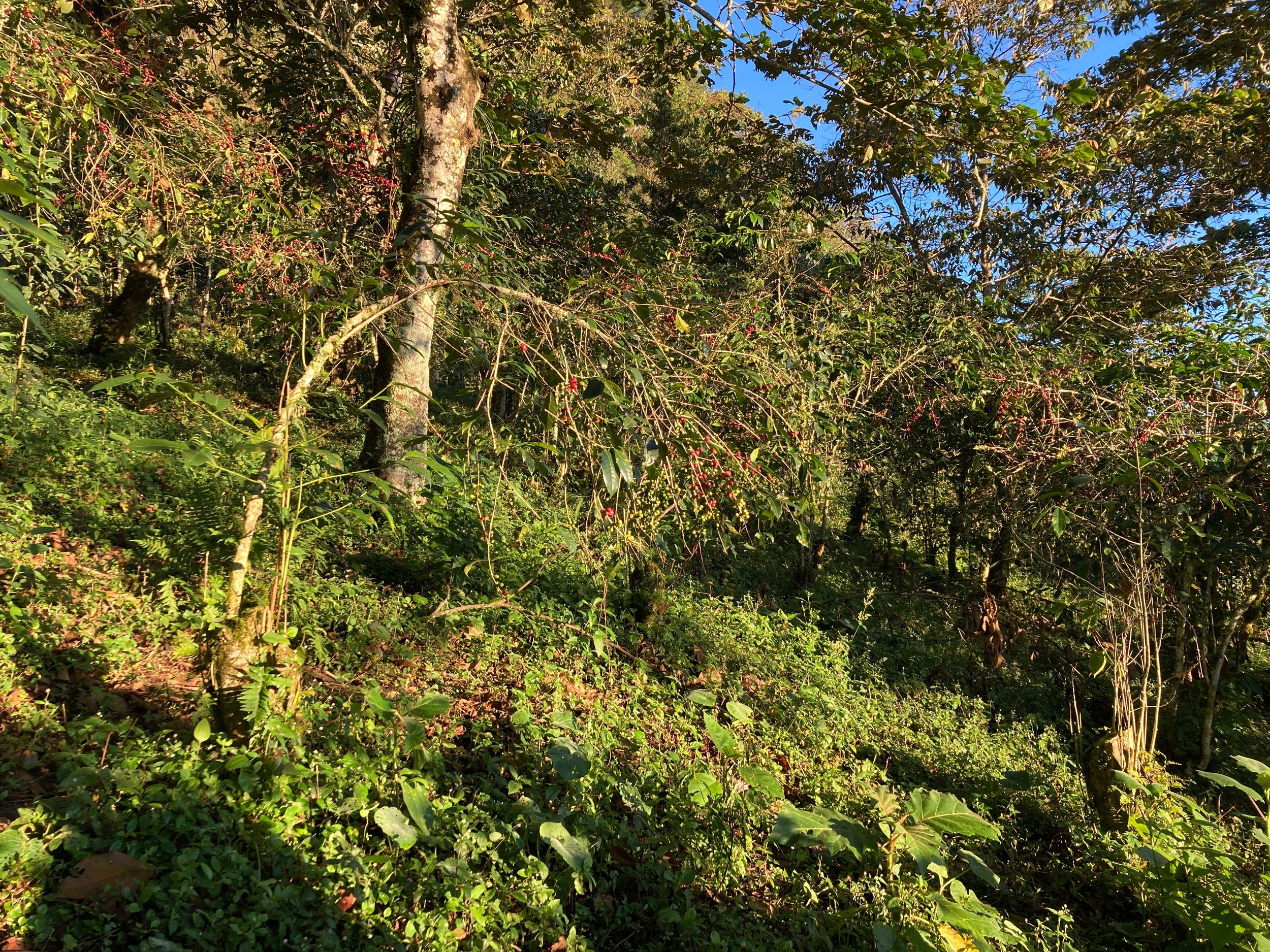Community Espresso: El Zapoteco | Mexico
Alejandro Chavez looking after drying parchment
Key origin info:
Producer: Around 180 small producers of El Zapoteco (formerly Paraje Los Machos) association in Oaxaca region
Region: Oaxaca, Mexico
Altitude: 1300 - 1700 masl
Varietals: Mundo Novo, Typica & Bourbon
Process: Washed
Exporter: Red Beetle | Importer: Raw Material
Cup profile: Creamy, milk chocolate, hazelnuts & stewed apricots
Purchase history: 4 years
About the Community Espresso range:
Our coffee offering is very much about showcasing delicious in-season coffees whilst sharing the stories of their producers and their incredibly hard work and determination that goes into making it possible to enjoy them in our cups. Sitting nicely next to our trusty House Espresso mainstay from San Lorenzo, our Community Espresso brings in a bit variety and the coffees featured in this slot change 3 times per year.
Featuring coffee from 3 producing countries - Peru, Guatemala and Mexico, we aim to source these coffees from the same groups and communities year after year, whilst putting forward the great work that goes into producing coffee as part of a community within a certain region. Rooted in faith in cooperation, the key element linking all these collectives is the aim to improve livelihoods for their communities through quality coffee production whilst caring for the environment.
These lots are typically composed of coffees processed at each grower's own farms and consolidated together to market and sell under the group's or locality banner. The coffees contributed are the core of their growers' production and growers will often contribute a considerable portion of their harvest to these lots. Meaning they might not be the absolute highest scoring or the most exclusive but they do reliably meet physical and sensorial quality control and demonstrate distinctive regional flavour profiles. They also account for larger volumes of what we purchase for our offering. And as such they hold huge significance in terms of supporting livelihoods and returning value. As we always strive for our coffee buying to have a positive impact, valuing these coffees appropriately is incredibly important to maximise producers' profits and benefit wider communities.
Our community espresso celebrates the hard work of these producer groups whilst bringing you a flavour profile suited for consistently classy espresso based drinks – black and with milk. Expect a coating creamy body, milk chocolate and just the right amount of subtle fruit notes characteristic of the coffee’s origin to liven up the cup.
More about El Zapoteco (formerly Paraje Los Machos):
This coffee has been sourced with the help of our importing partner Raw Material whose work in Mexico focuses on improving the overall profitability of coffee production in Oaxaca and Chiapas by increasing yields, improving quality and building a stable demand and access to speciality coffee markets.
This lot is produced by El Zapoteco group in the Oaxaca region in the southern part of Mexico. 'The group is an association of some 180 coffee producing families in the Sierra Juárez ares led by Romulo Chavez and now also his son Alejandro. As the RM team explains, most members of the association are of Zapotec heritage and speak Spanish as second language after Zapoteco. There is a very strong, communal aspect to El Zapoteco across its three towns that is deeply rooted in the historical ties of the community to the region.
The average farm size is less than one hectare of coffee and produces between 100 and 150 kilos of parchment per year. Rather than employ pickers during the harvest, when a member’s coffee is ready to be picked, several neighbours will help the producer to harvest their coffee and they then return the favour later. The coffees are pulped and fermented, often in hand built, wooden tanks, then dried on 'petates' - traditional woven mats.
Romulo has been working for several years now to establish direct relationships with buyers in order to obtain higher prices for the producers of Los Machos whilst fostering a strong sense of community for the association and its producers. There is a huge potential for quality in the region and by working closely with Romulo the RM team aims to build upon Romulo's work and establish lasting relationships between the group and like-minded roasters.
Recently, Alejandro (Romulo’s son) also had the opportunity to travel to Colombia and spent time at Raw Material’s community wet mill El Fenix. During his trip he was able to learn many things and gain a new perspective and ideas around coffee production which he was excited to apply at his farm in Mexico and share with local producers. You can read more about his experience in this interview conducted by the team at Raw Material.
We are excited to share this delicious coffee as part of our seasonal community espresso offering!
About Raw Material - our importing partner:
Raw Material are a community interest company green coffee importer operating in the UK, EU and Australia. The work of Raw Material is centred around the vision of “speciality coffee as a solution”. A solution to sustainably improve the livelihoods of the many small-holder producers who have been historically marginalised and not receiving adequate value for their produce and contribution in the supply stream.
As RM explain:
Often the price farmers receive is lower than their cost of production. This situation leads to cycles of debt and disadvantage that compounds over generations.
The choices of the specialty coffee industry have an outsized ability to influence positive outcomes for producers and the wider environment. The value of the specialty coffee market continues to accelerate with a projected compound annual growth rate of 11-12% across the next 5 years. Total market value was estimated to be 35 billion USD in 2018 and is expected to grow to over 80 billion USD by 2025.
This is an exciting opportunity for development through trade. This is one of the few crises in the world for which the solution is direct and self-sustaining: with the appropriate investments and continued effort, the growing demand for high-quality coffee can be fulfilled by historically marginalised groups to great long-term effect.
To change the world, we need a powerful strategy. This requires that we make tough choices not just about what we will do but also what we will not do. We don’t search for the best coffee. We search for the right communities and work with them to build systems to produce high-quality coffee and connect to a stable marketplace. When the solution is well designed and community-led, results can be achieved very quickly.
Raw Material currently focus on working with producers in Colombia, Mexico, Rwanda & Timor Leste and they are our supply partner for Mexico and now also Rwanda.
You can find out more about their vision, impact and methods here.
About Raw Material’s work in Mexico:
Oaxaca is the main geographical area of RM's work in Mexico as there is little support or formal coffee infrastructure in Oaxaca. Farms are isolated and widespread and because of this Oaxacan production yields are some of the lowest in Mexico. The main areas of focus are improving production yields by training, building demonstrative fields, and improving soil health while raising coffee quality, and building stable demand and access to speciality market by connecting roasters with producers.
To achieve these goals, in 2020 RM focused on meeting producers, building trust and setting a baseline for coffee pricing and pre-financing. This is done by paying a base price at the market level upon reception of the coffee, followed by second payment based on cup quality bringing the final price to 1.5 -2 times of the standard market rate. This is expected to increase to up to 5 times the standard price for some lots as overall quality improves. Paying in this way provides rapid, predictable returns on investment made by producers.
In future, RM are also planning to work with the Oaxacan associations to develop more communal infrastructure (e.g. centralised composting systems), expand their operation in Chiapas region as well as identify potential projects for roasters to support directly.
